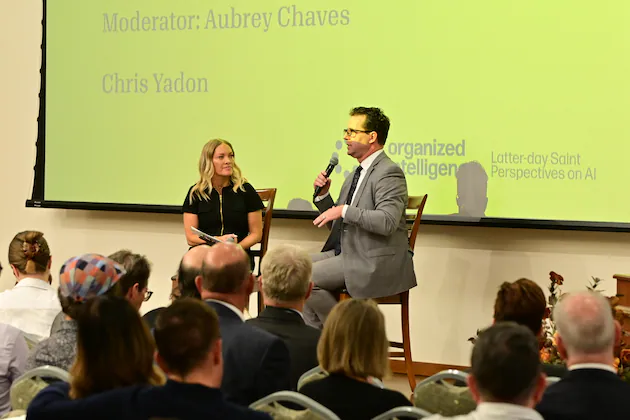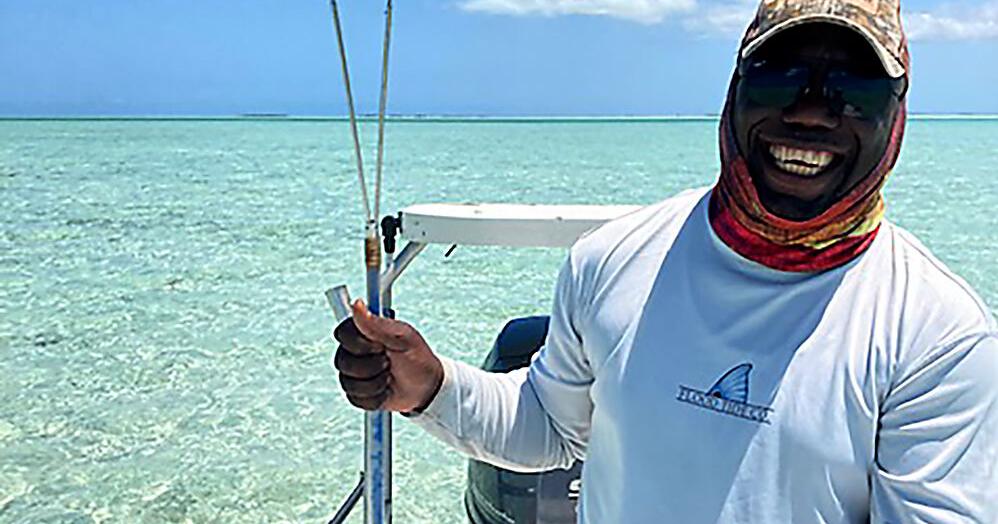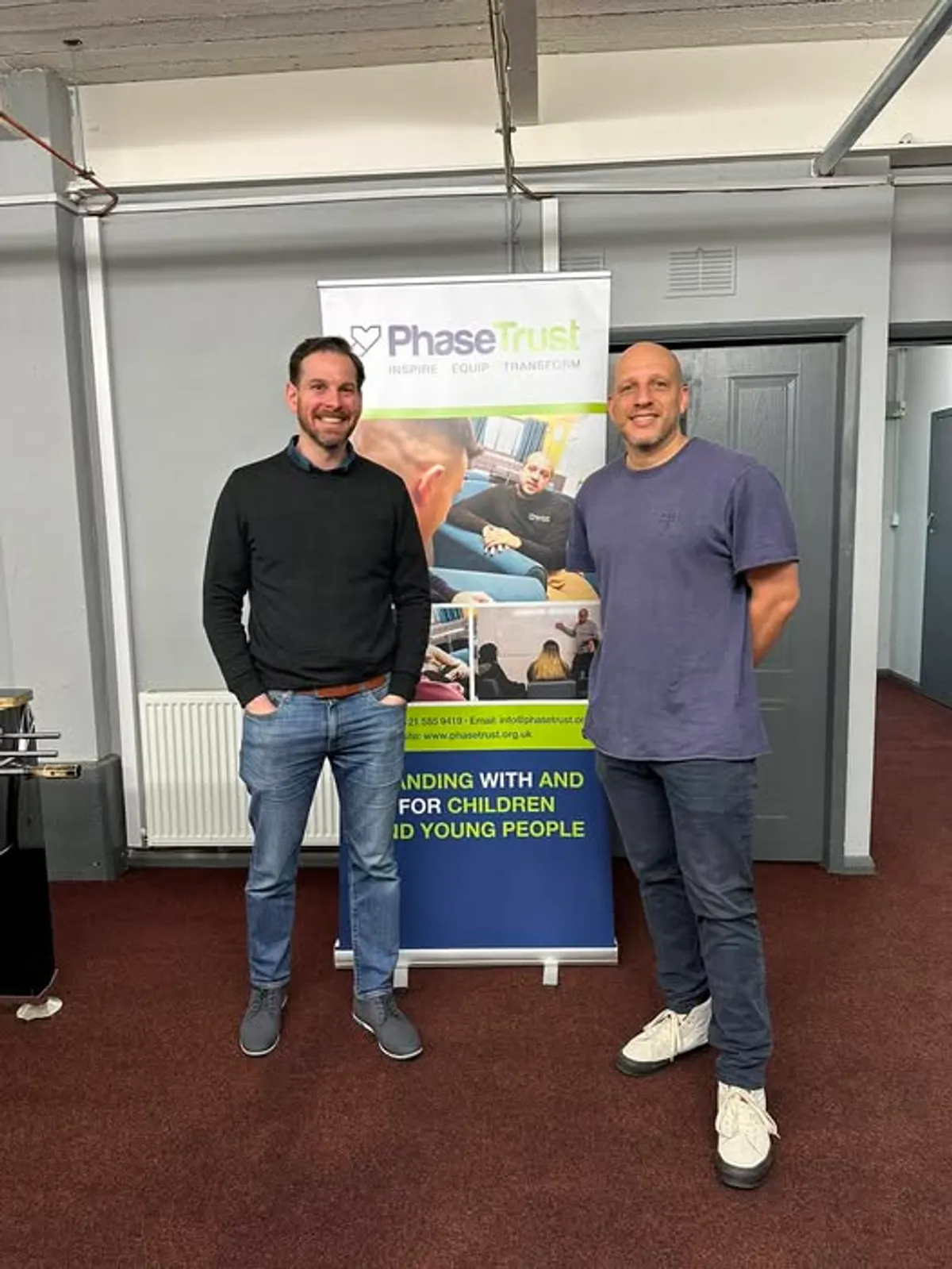Copyright Salt Lake City Deseret News

It used to be that parents could more easily safeguard their children against technology’s tangible threats, such as sexual abuse and exploitation, by saying things like: “Hey, if you get exposed to nudes, (or) if for some reason you take a nude, don’t share it. Here are the five reasons why. Here’s how people will exploit those nudes,” said Chris Yadon, managing director of Saprea, a nonprofit that provides sexual abuse healing and prevention resources, at the Organized Intelligence conference on Nov 4. But perpetrators no longer need children to share these explicit images in order to exploit them. Perpetrators can now use AI tools to modify images of fully-clothed children and use them to “sextort” — or “sexually extort” — children. During the two-day conference about Latter-day Saint perspectives on AI, Yadon called on parents and caregivers to take action, offering them five principles to mitigate the risks of AI on children. “We have to take the counsel in the Book of Mormon as it relates to technology to act instead of being acted upon,” Yadon said. “We were able to get away with it when the radio came, when film came, when television came, we could be acted upon and adjust reactively to what was happening.” But technology is “moving too fast,” he said. If parents and caregivers “wait and see what happens, the harm will be done long before we ever respond to it. So we have to act … we have to choose to act instead of being acted upon.” Principle 1: Assess the risks and practice navigating them With technological advances “far outpacing our ability to naturally respond,” Yadon said parents and caregivers must not solely rely on “tactics” to prevent harm. Rather, they should learn “evergreen” principles that will help them mitigate risks and organically adjust their tactics when new technologies arise. The first of these evergreen principles is to “assess risky situations and practice navigating them with your child,” Yadon said. He shared a personal example, saying that upon learning that the National Center for Missing and Exploited Children received more than 440,000 reports of AI-generated child sexual abuse materials in the first half of this year, he decided to talk with his own child and practice navigating potential threats. They talked over lunch, discussing AI-generated child sexual abuse materials and practicing what it would look like if his child received a threat of an AI-generated image. Some of the questions he recommended asking: “How would you respond? What would you say? What would you do?” Most technology is now being “consumed in isolation,” Yadon said. “Tech has isolated our children,” he said, adding that “the No. 1 technique of those that prey against children is isolation.” Principle 2: Teach children to set, hold and respect boundaries When one looks at setting, holding and respecting boundaries, Yadon said it’s important to understand that more than half of “sexual harm to children is done by another minor.” In assessing that risk, Yadon said parents and caregivers must realize that not only do “I need to reduce the risk my child will be harmed,” but “I also need to reduce the risk that my child will do the harm.” So teaching children “how to set and hold boundaries, but also respect others’ boundaries and practice navigating those” is important, he said. Yadon later stated that setting, holding and respecting boundaries obviously applies with other human beings, but it also applies “with other things that we interact with and our kids interact with.” For instance, he explained that while early research shows interacting with AI chatbots initially relieves symptoms of loneliness, a persistent reliance on those interactions can cause a decline in one’s well-being and an increase in loneliness. Thus parents and caregivers, through age-appropriate conversations, must teach children to recognize this and other threats, as well as how to “hold good boundaries” against them, Yadon said. A parent-child conversation might look like: “Hey, bud, mom and I are here to help you. We love you. We want to talk with you. I know you may want to chat with AI about a problem you’re facing. I understand why you might want to chat with AI about it. But let me tell you what happens.” Those are the types of conversations parents and caregivers need to have to “promote digital literacy,” Yadon said. “And it doesn’t mean it’s going to eliminate all conversations they (children and youth) have with AI or that they’re not going to make mistakes” — but it will help them recognize and set their own boundaries. Principle 3: Keep communication open The conversation Yadon and his child had regarding AI-generated child sexual abuse materials was “100% a ‘keep communication open’ conversation,” he said. “My promise to him coming out of that conversation (was): ‘If someone threatens you, no matter how they threaten you, my ability to protect you is stronger than their ability to harm you.’” Children need to feel secure about addressing their questions and concerns to their parents and caregivers, and so parents and caregivers must “keep those lines of communication open,” Yadon said. Principle 4: Teach children about sexual health There’s long been a gap in children learning about sexual health at an age-appropriate level, Yadon said. But he added “the generation of parents coming up right now is the first one, I think, that is really grasping the importance of talking about sexual health with their kids.” This is significant, Yadon said, “because if you’re not talking about it, they’re going to hear it from somewhere else. “And if they’re using AI or any other technology to source that information — which they will, if you’re not talking to them — it exposes them to risks and to predators.” Principle 5: Figure out ‘your own stuff’ In “nicer terms,” Yadon lightheartedly stated that “figure out your own stuff” means parents and caregivers must first “figure out how to regulate your own emotional health,” so they can then “co-regulate with your children.” “Children who are unregulated emotionally are at a much higher risk of being violated,” he said, “because of where they seek information or seek reassurance.” Thus it’s in the hands of parents and caregivers to learn how to regulate themselves without numbing, so they can be of help to their children, Yadon said. Hope amid a ‘big, ugly problem’ Yadon shared that his hope in unmasking the problem and sharing these evergreen principles was not to induce fear, but to inform and help society see the opportunity before them to “move the needle.” As human beings, he said, “we love our kids. And there are very few parents in this world that aren’t motivated by love for their kids.” However, when it comes to the sexual harm of children, “we fail miserably as humanity, and it’s a big, ugly problem,” he said, one that “many of us don’t even believe can be solved.” Instead of indifference or apathy, parents and caregivers must find hope in the progress made and take action to reduce risks. “We’ve still got a long ways to go there,” Yadon said. “But as we look at public perception and do evaluation on public perception around a topic like child sexual abuse, the needle is moving on how people perceive the issue. “So I think we have a unique opportunity right now where tech and child protection have collided to actually use that for good and to finally move the needle on the harm to our children.”



